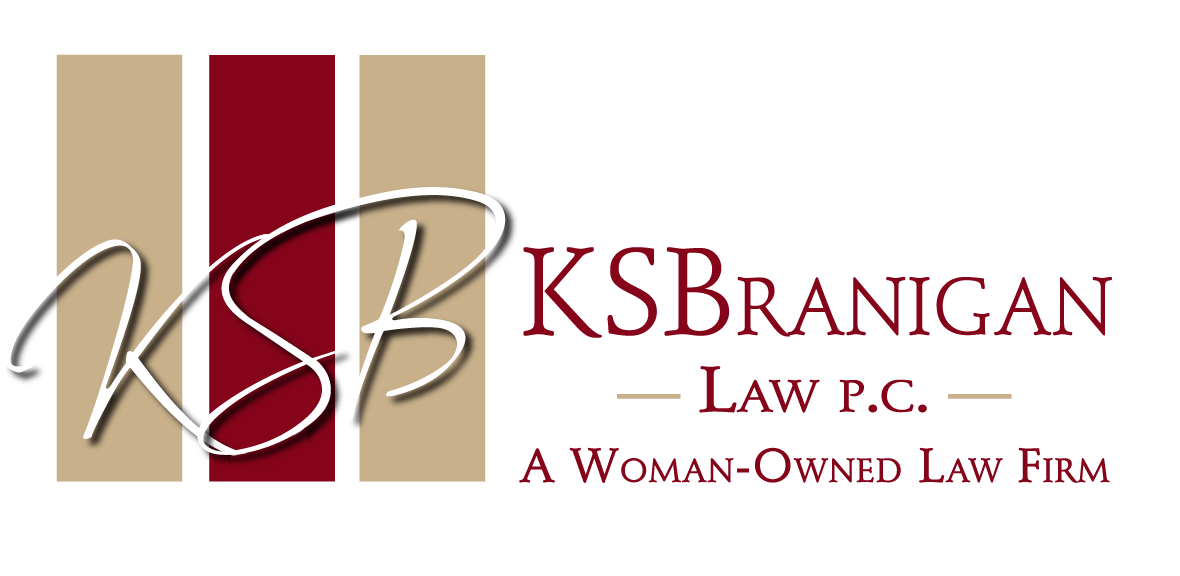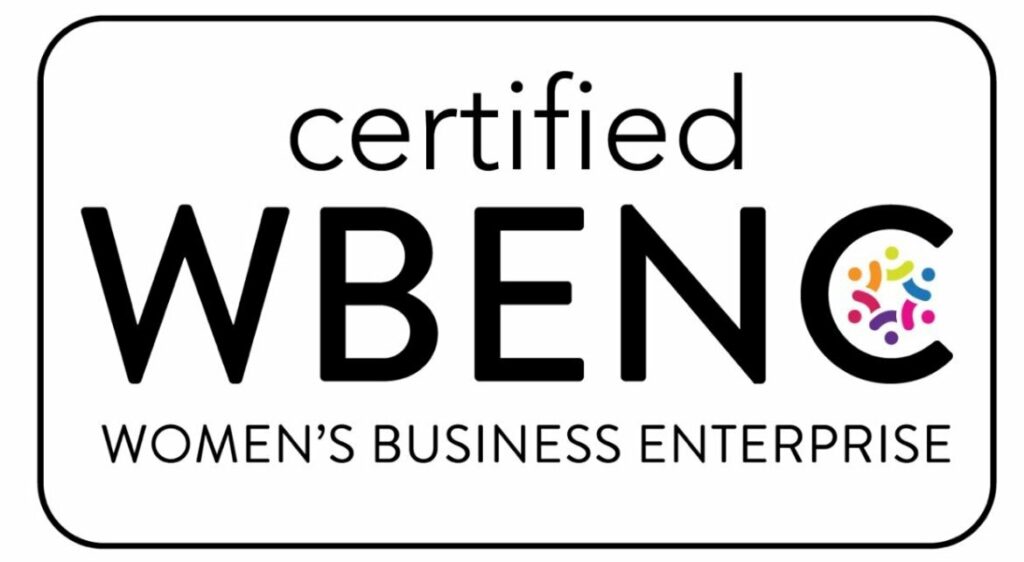With COVID-19 infection rate numbers declining and vaccination rates increasing, New Jersey is easing pandemic restrictions. In continued efforts to reopen the State to businesses, New Jersey’s Governor Phil Murphy issued Executive Order Nos. 242 and 243 that lift or modify restrictions regarding on-site work, face mask mandates, and social distancing requirements.
Current Requirements for Businesses Not Generally Open to the Public
On May 28, 2021, NJ Governor Murphy rescinded the mask mandate in “indoor public spaces” but retained that mandate for worksites generally closed to the public. (Executive Order No. 242, referencing Executive Order No. 192). Businesses not considered to be “indoor public spaces” are indoor worksites of employers that do not open their indoor spaces to the public for purposes of the sale of goods, attendance at an event or activity, or the provision of services.
On June 4, 2021, Governor Murphy modified the requirements as to businesses that are generally closed to the public and have limited visitors. (Executive Order No. 243). There is an expectation that businesses that are generally closed to the public and allow only limited visitors “may reasonably be prepared to ascertain an individual’s vaccination status, or to craft a policy that handles such visitors on a more individualized basis, as compared with a business that is generally open to the public and has the potential for high foot traffic in the normal course of its operations[.]” With that in mind, the State has now relaxed certain pandemic safety requirements as to business not generally open to the public and with limited visitors (“Indoor Private Spaces”).
• Telework
Executive Order No. 243 rescinds the prior requirement on all businesses and non-profits to accommodate their workforce, wherever practicable, for telework or work-from-home arrangements. It also rescinds the requirement that businesses and non-profits make their best efforts to reduce staff on site to the minimum number necessary in the event that employees cannot telework or work from home.
• Face Mask and Social Distancing
o Employees
Indoor Private Spaces are no longer mandated to require employees to wear face masks or social distance in nonpublic workspaces if an employee provides proof of vaccination. However, Indoor Private Spaces must continue to require employees to wear a face mask and social distance if the employer is unable to determine vaccination status, the employee is not fully vaccinated, or the employee refuses to provide vaccination information.
Employers of Indoor Private Spaces are free to impose stricter requirements regarding mask-wearing in indoor settings for employees, unless their requirements conflict with another Federal or State law. In addition, Indoor Private Spaces may not restrict individuals from wearing masks and may not penalize or retaliate against individuals who seek to wear masks.
Employers of Indoor Private Spaces are still required to perform daily health checks of onsite employees pursuant to CDC guidelines.
o Customers, Visitors, and Other Authorized Individuals
Indoor Private Spaces are permitted to allow customers, visitors, and other authorized individuals to enter the worksite without requiring face masks or social distancing, regardless of their vaccination status. However, Indoor Private Spaces have the option of establishing a policy that requires customers, visitors, and authorized individuals entering a worksite to wear a mask and/or social distance, with certain exceptions and limitations regarding individuals “who decline to wear a mask due to disabilities services or goods via a reasonable accommodation, pursuant to ADA and NJLAD, unless such accommodation would pose an undue hardship on the employer’s operations.” (Set forth in Executive Order No. 192 (Paragraph 1(b)(ii)).
Indoor Private Spaces may not restrict individuals from wearing masks in those settings and may not penalize or retaliate against individuals who elect to wear masks.
Current Requirements for Businesses Generally Open to the Public
Social distancing requirements, both for indoor and outdoor locations open to the public, have been lifted in retail stores, personal care services, gyms and fitness centers, recreational and entertainment businesses (including, amusement and water parks and pools), casinos, and racetracks. These entities may now operate at full capacity without limiting the number of occupants at their facilities. Additionally, social distancing requirements are also lifted with regard to indoor gatherings, such as for religious services, political activities, weddings, funerals, memorial services, commercial gatherings, catered events, sports competitions, and performances. As of June 4, 2021, indoor gatherings will no longer be subject to capacity limits.
Further, capacity limits have been lifted for restaurants and bars. Food and beverage establishments are no longer required to seat patrons six feet apart.
According to Executive Order No. 242, colleges and universities are not required to implement polices to provide for social distancing in classrooms, dorms, restrooms, and other areas on campus.
As of June 4, 2021, both indoor and outdoor sports and entertainment venues (with seating for 1,000 or more) are permitted to operate at full capacity. Restrictions regarding public and private beaches, boardwalks, and lakes are lifted per the Order. Public indoor and outdoor dance floors are open again.
Individuals who are not fully vaccinated are advised to continue to practice social distancing. In addition, business that oversee spaces open to the public retain the discretion to require social distancing.
These new Orders do not supersede any mask or social distancing requirements in the following indoor or outdoor spaces: health care settings, long-term care facilities, home health care settings, correctional facilities, homeless shelters, planes, busses, trains or other forms of transportation, airports, and train stations.
Conclusion
As COVID-19 infection rates continue to fall, businesses and workplaces open up, and vaccines become more widespread, employers and employees need to understand the implications of this new Federal and State guidance. It is imperative to stay apprised of new developments since the requirements are undergoing rapid changes.
This summary is for informational purposes only and is not intended to constitute legal advice. This information should not be reused without permission.


